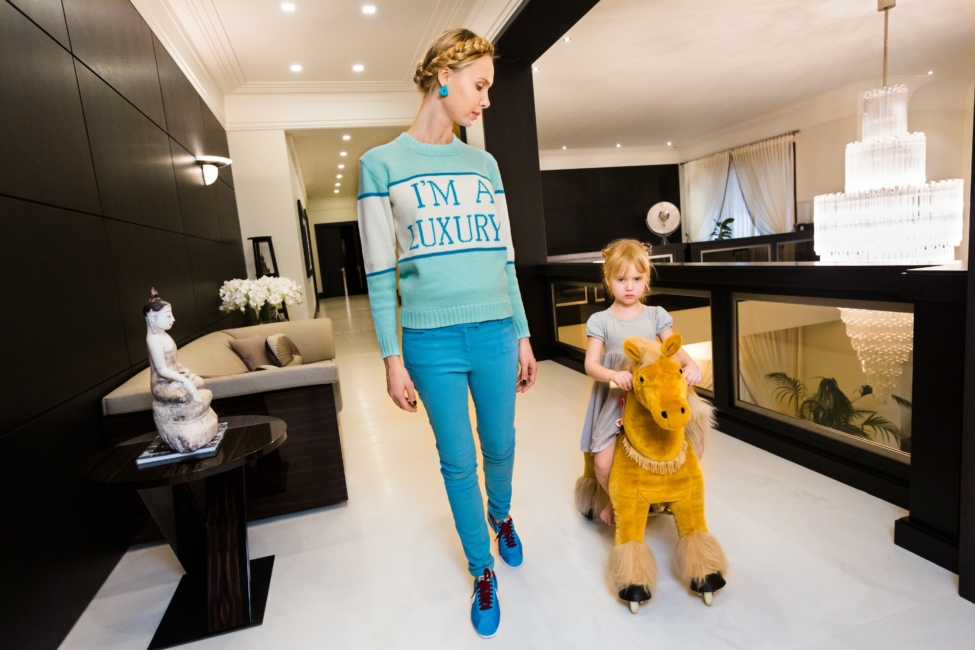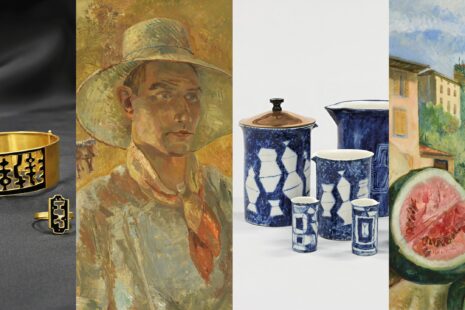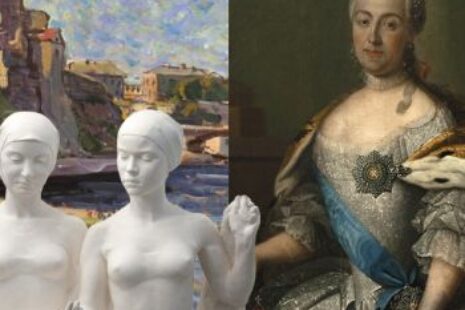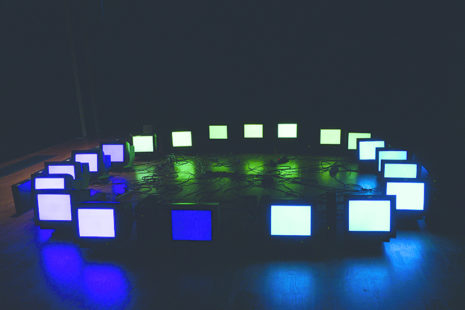Seriously, what are they doing, these people who have everything, but still always want more and never seem to be satisfied?! But for every indignant cry over what “the other” is doing, a door opens into yourself. Take a look in there, among your nooks and crannies: these all-too-often unknown places, that both the world and you would be better off for, if you had the courage to start exploring.
Why do we even accept such an unsustainable world order?
To see the absurdity of your own behaviour is much easier once it’s been reflected in the life of someone seemingly far off from you. When someone takes something so far that it astounds you, there is an immediate opportunity to notice something about yourself as well.
“I use the extreme to reach the commonplace. What are the driving forces behind these excesses and extremes? What is fuelling this destructive development of unsustainable consumption, and the idea that our possessions and achievements are the things that make our lives feel meaningful? By making the documentary The Queen of Versailles, and following Jackie Siegel and her husband David while they built a copy of the Palace of Versailles in Orlando, I started to think even more about this scramble for status and consumption, and what it’s doing to us humans. These are questions I reflect and explore in Generation Wealth, both through photographs and text”, says Lauren Greenfield, who grew up in Los Angeles with constantly working parents, and went to a fancy private school for the richest, although she herself did not belong to that societal class.
Rarely has a project managed to play so many notes, so skilfully, at the same time. Through well-composed chords, that cut straight to the bone, Lauren Greenfield’s Generation Wealth is as much art, journalism, therapy, and worldwide revolutionary masterpiece, as a photographic exploration of human behaviour in today’s consumer-society.
“On a journey as fascinating as it is shocking, we get to look inside Lauren Greenfield’s documentation of society’s collective obsession with wealth and material abundance. With the eye of a visual anthropologist, Lauren has built on her own experiences as a child in an environment run by status symbols and success-thinking. From there, she’s diligently followed the richest of the rich in the world, and created a hair-raising document over global materialism. We, the recipients of Greenfield’s unique work, can choose to see it as an excess practiced by a small percentage of the world’s population, a world far from our own everyday lives, or we can choose to see it as the history of all our shared strife, where enough is not enough”, says Lisa Hydén, Exhibition Manager at Fotografiska International.
Among many others you will meet: the all-out speculating German banker, the hedge fund manager who sacrifices everything for her career but still wants children, the Russian oligarch’s “it girl” wife, the couple building a copy of the Palace of Versailles, the unstoppable nightclub hostess and her already dejected young son, the tiny beauty queen and her mother, the gold collector and their gang, and the woman with never-ending surgeries hoping to someday become satisfied with herself.
“It is not at all only about acquiring prosperity: it’s about an addiction, about constantly having to do/buy/waste/show off more and more and more. A need to fill that inner black hole that most of us live with to some degree. The exhibition illuminates this consumerist culture, that is unsustainable in so many ways, and that indoctrinates us to believe that it is the solution to our problems. And what this obsession with consumption and achievement actually does to us humans and our relationships with each other. We, who unconsciously objectify the next generation each time we define a girl as “cute and kind” or a boy as “tough and cool”. Generation Wealth is about all of us”, says Lauren Greenfield, whose commercial “Run Like a Girl” – which skilfully stages and then punctures the myth of the weakness of girls – has been spread countless of times on social media.
The expression “The more the better” is not always true. On the contrary. This worldwide idea that achievement, material abundance, and inhuman body ideals could fill the black hole inside that our childhood experiences might have given us, can lead us very astray. More extreme to some than to others. A constant feeding of delivering, earning, spending, drugging, abstaining and gorging – it doesn’t matter what as long as it is more, more, more to feed that hole inside. That, which most of us don’t even know about, that is pumping out its message of “If I just get… thinner, bigger, richer, more successful, build a more luxurious house, achieve more status, get divorced/married again to someone new… then…”
“I knew there was a story that I needed to tell, after having the wealth gap and its connected aspiration in different parts of the word for decades. The financial crisis connected the disparate stories around the world for me when I saw very similar imagery and consequences among very diverse people, interconnected by financial systems, globalism and human behaviour. But the intensely personal connection became obvious in the later stages of the project. When I sat there, editing the thousands of hours I’d filmed of these people living their lives in extreme ways, to say the least. As I was confronted with my own workaholism to finish this ambitious project, I began to ask questions like “What is the actual difference between my need to constantly work, and the multibillionaire Florian’s desire for more money, more success, more risk? What pushes me to constantly do more, more, more, fight to achieve a goal and still never feel satisfied?” Life-choices that’ve made me spend too little time with my children. I included myself in the film because I think it is important for the viewer to also think about, “how am I complicit in Generation Wealth”, says Lauren Greenfield.
All of it captured with the combination of burning curiosity and non-judgement that is Greenfield’s attitude, and that makes the portrayed (wide) openly allow her to closely follow them. In rise and fall – and sometimes rise again – some show regrets over what their life-priorities have led to and the cost for their relationships. Experiences which led them to actually look into their own darkness and start to question their motivations, instead of constantly running away. Others do it all again – as soon as they get the chance…
What started as a small complement to the images in the exhibition, instead grew into a world-famous documentary that’s been watched millions of times around the world on Amazon. Obvious proof of how much we long to question the consumption-culture, and the illusion that we get fed from childhood: that it is necessary, and gives us meaning. The interest in Generation Wealth is a clear sign of a major communal need to examine questions of what actually makes life meaningful.
This exhibition was produced by and debuted at the Annenberg Space for Photography.
Gallery name: Fotografiska Stockholm
Address: Stadsgårdshamnen 22, Stockholm
Opening hours: Mon-Sun 10:00 - 23:00
Open: 20.03.2020 - 30.08.2020







